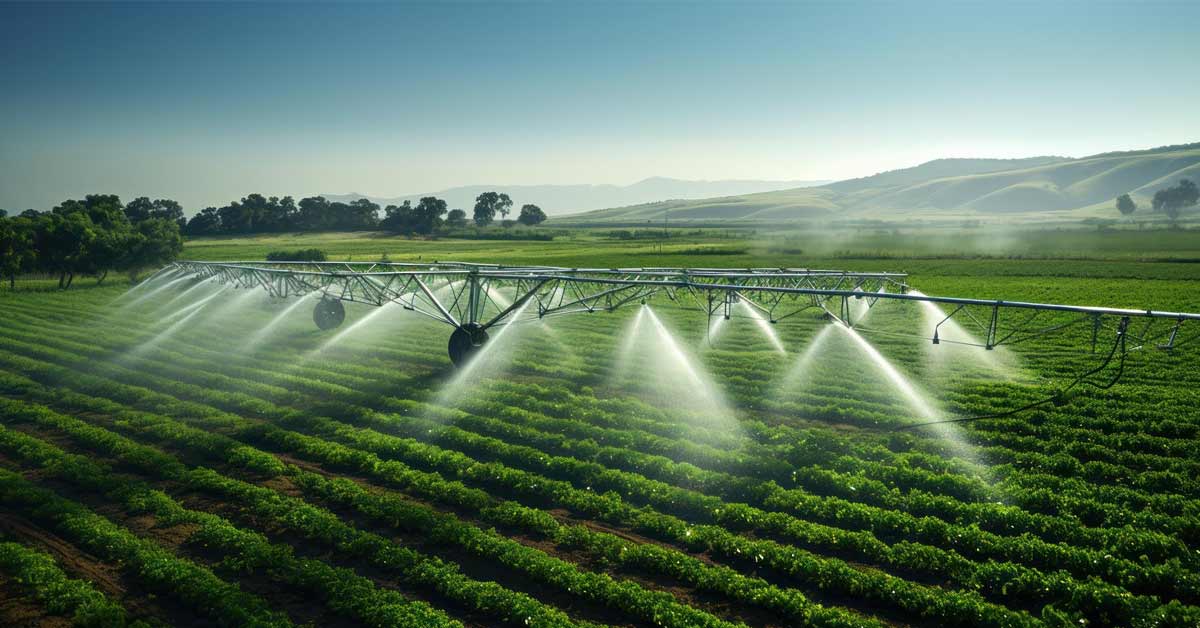Setting up an irrigation business can be a lucrative venture, especially in areas with significant agricultural activities, gardening enthusiasts, and landscapes that require regular watering. Here’s a comprehensive guide to help you get started.
Understanding the Irrigation Business
An irrigation business involves designing, installing, and maintaining irrigation systems for residential, commercial, and agricultural clients. These systems can range from simple garden sprinklers to complex agricultural drip systems. The goal is to provide efficient water management solutions that help conserve water while ensuring that plants and crops receive the necessary hydration.
Market Research and Business Plan
Before diving in, conduct thorough market research. Understand the demand for irrigation services in your area, pinpoint your target audience, and study your competitors. Analyze their strengths and weaknesses to spot gaps in the market that you can fill.
Once you have gathered enough information, create a detailed business plan. This plan should include:
- Business Objectives: Clearly define your goals.
- Target Market: Identify potential customers, such as homeowners, farmers, commercial property owners, and municipalities.
- Services Offered: Decide whether you’ll offer installation, maintenance, repair, or a combination of services.
- Pricing Strategy: Set competitive prices based on your market research.
- Marketing Plan: Outline strategies for attracting and retaining customers.
- Financial Projections: Estimate startup costs, ongoing expenses, and potential revenue.
Legal and Financial Considerations
Register your business and choose a suitable structure, such as sole proprietorship, partnership, or LLC. Get any necessary licenses and permits, which may vary by location.
Insurance is crucial in this line of work. Consider general liability insurance, workers’ compensation, and equipment insurance to protect your business from any risks.
Acquiring Equipment and Supplies
Investing in the right equipment from trusted wholesale irrigation supplies stores is essential for providing high-quality services. Basic tools include trenchers, pipe cutters, shovels, and valve locators. You’ll also need vehicles to transport equipment and materials to job sites. Having good relationships with suppliers can help you get better deals on materials like pipes, valves, sprinklers, and timers.
Hiring and Training Staff
If you plan to scale your business, hiring skilled employees is vital. Look for people with experience in landscaping, plumbing, or agriculture. Provide training to make sure they’re knowledgeable about the latest irrigation technologies and water conservation methods.
Marketing Your Business
Effective marketing can set your business apart. Create a professional website showcasing your services, completed projects, and customer testimonials. Use social media platforms to reach a broader audience and engage with potential clients.
Consider local advertising through newspapers, community boards, and participation in trade shows or local events. Offering promotions or discounts to first-time customers can also attract new business.
Customer Service and Relationship Building
Providing excellent customer service is important for building a loyal client base. Be responsive to inquiries, provide detailed quotes, and maintain open communication throughout the project. Following up after the job is completed to ensure customer satisfaction can lead to repeat business and referrals.
Staying Updated with Industry Trends
The irrigation industry is continually evolving with new technologies and practices aimed at improving efficiency and sustainability. Stay in the know with the latest trends by going to industry conferences, joining professional associations, and participating in training programs. This will not only enhance your skills but also keep your business competitive.





